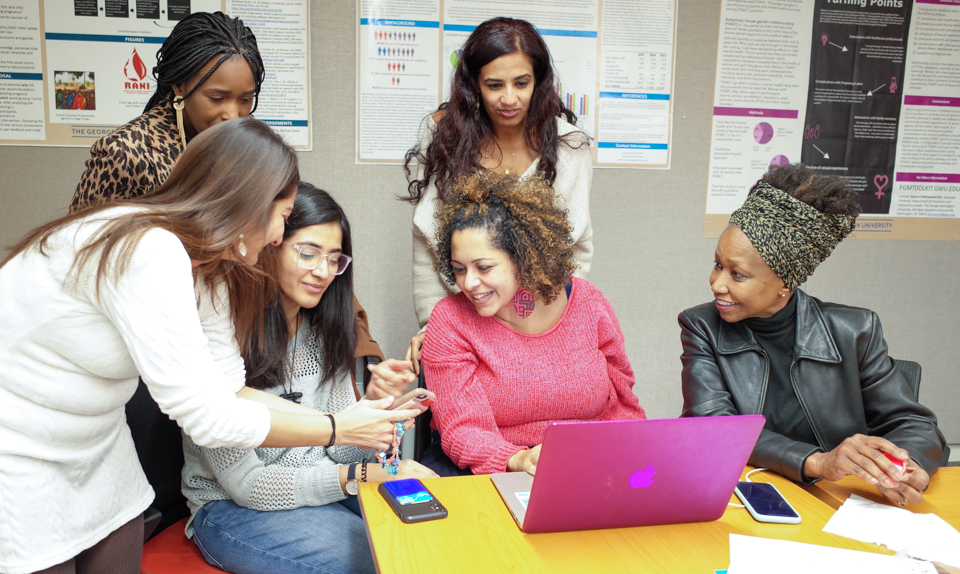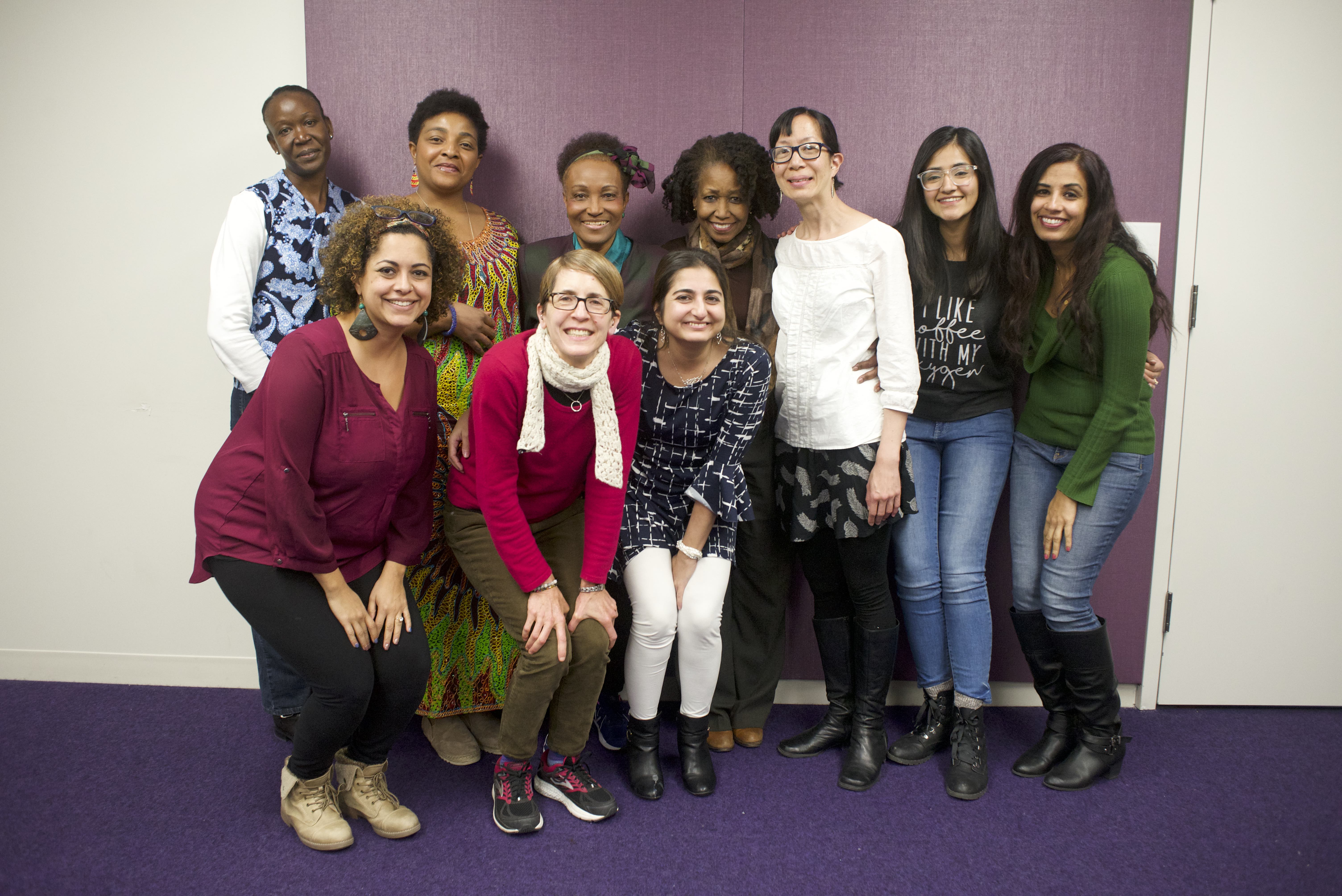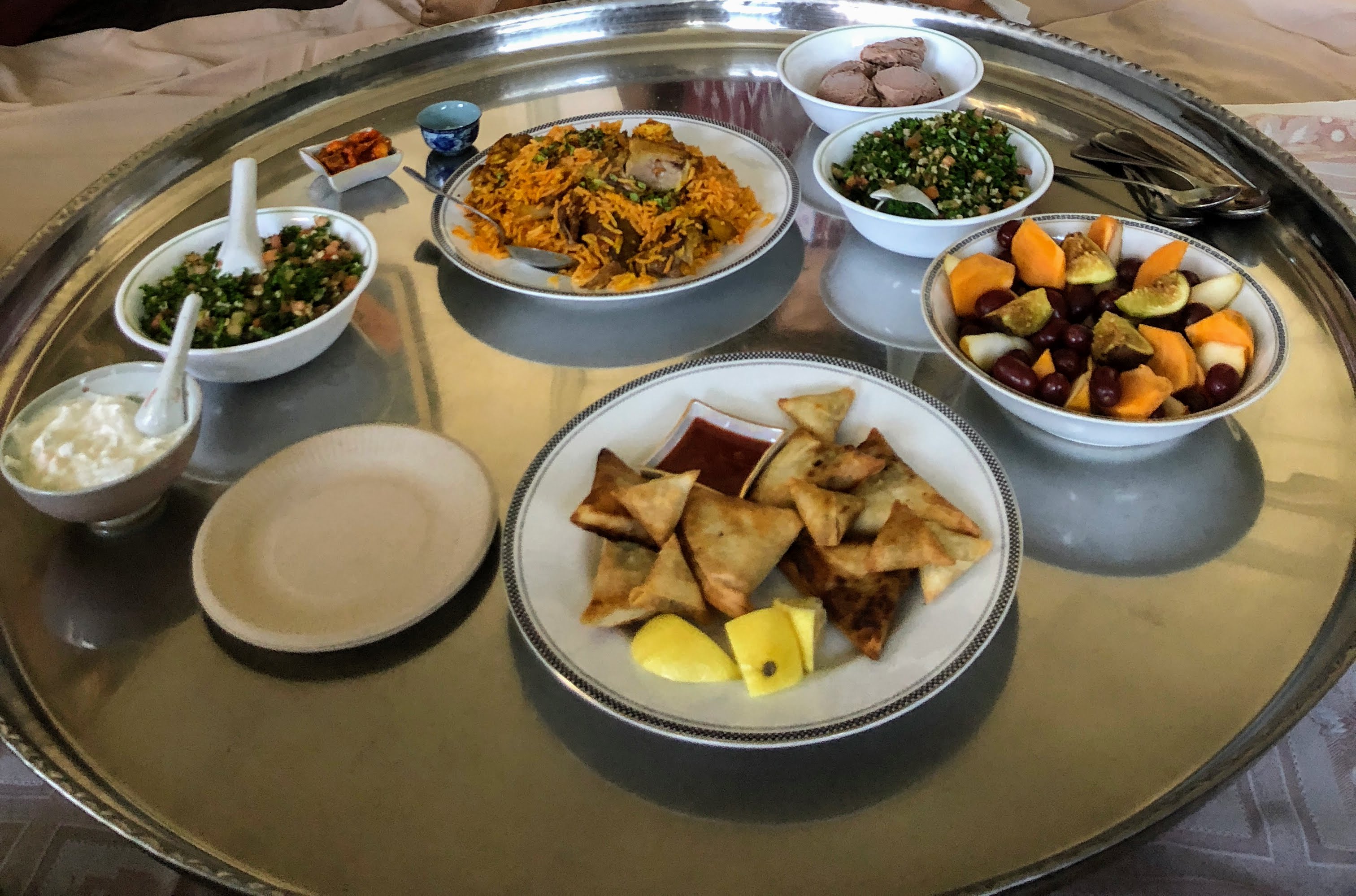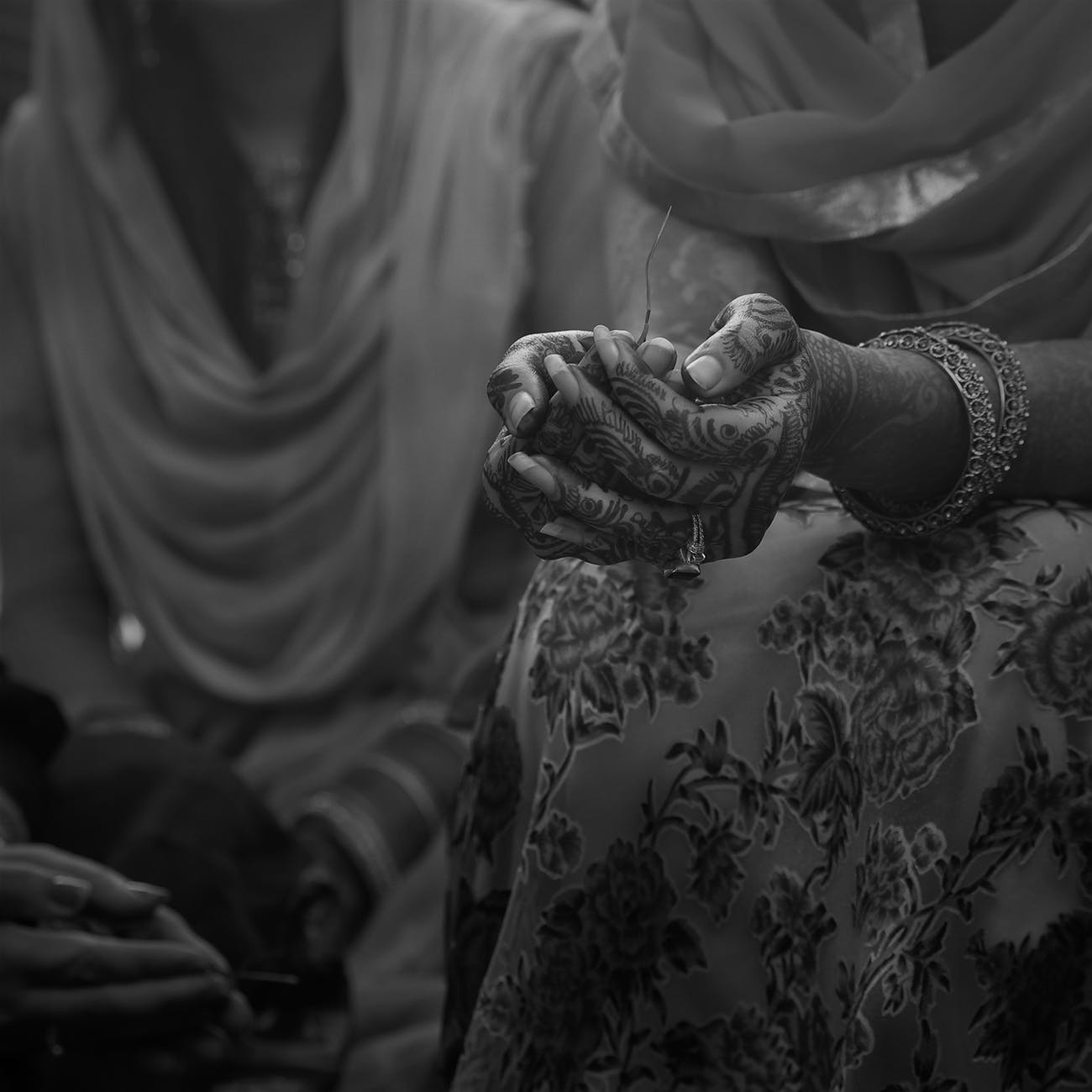StoryCenter creates spaces for transforming lives and communities, through the acts of listening to and sharing stories as a vehicle for education, community mobilization, and advocacy. Since 1993, they have helped over 20,000 individuals tell their stories. They collaborate with organizations around the world on workshops in story facilitation, digital storytelling, and other forms of participatory media production. In 2018, Sahiyo, in partnership with StoryCenter, launched an inaugural digital storytelling workshop. Nine women’s stories have since elevated the conversation about female genital mutilation/cutting (FGM/C) in the U.S. and globally. The stories were distributed online and via media channels, as well as at live community screening events. They are being used as educational tools to support discussion among survivors within their communities, with a focus on challenging the social norms sanctioning FGM/C, and encouraging an end to the practice. Sahiyo is honored to have Amy Hill, StoryCenter’s Silence Speaks director, partner with Sahiyo on the Voices to End FGM/C project to expand the number of digital stories since the first 2018 workshop.
1) When and how did you and your organization first get involved with Sahiyo?
I first met Mariya when she attended a digital storytelling workshop I was leading with alumni of the Women’s Foundation of California’s Women’s Policy Institute in 2017. She produced a stunning video about her own journey video about her own journey video about her own journeyvideo about her own journey of sharing her female genital cutting story, as part of her advocacy efforts against the practice. I had always been interested in doing work on the topic as part of our global women’s rights efforts, and I felt that Mariya, with her focus on personal storytelling as method for breaking the silence, ending stigma, and building leadership among women for speaking out against FGM/C, would be the perfect collaborating partner. I approached her, and together, we put on a pilot digital storytelling workshop for women survivors of FGM/C. It was a deeply powerful experience for everyone involved. I think even Mariya and I were a little surprised by how effective StoryCenter’s core methodology in digital storytelling was, for working with this issue.
2) What does your work with Sahiyo and StoryCenter as a joint partnership involve?
Our first digital storytelling workshop grew into a global effort called Voices to End FGM/C, which brings survivors and advocates from practicing communities together to share stories and craft them into short digital videos as a way of building nurturing, healing relationships and solidarity, and mobilizing the storytellers to become further involved in efforts to address and prevent cutting. So far we’ve done a total of four digital storytelling workshops: three in person, and one fully online, to create a collection of more than 40 poignant and compelling short videos. Mariya and I have co-facilitated all of the workshops, and Sahiyo has done a brilliant job of continuing to engage with the storytellers afterward. They’ve written blog postings about the storytelling experience, made presentations at public screenings and conferences and more. Sahiyo’s skill in getting the stories out into the world is almost unparalleled in my 20-year history of work at StoryCenter. They are very sophisticated with social media outreach and have been able to bring a lot of media attention to the stories, which is exciting.

3) How has your involvement with Sahiyo impacted your own organization’s work?
Speaking of social media, StoryCenter helps people create amazing content that can be circulated widely online and via mobile phones, and yet our main focus has typically been not on distribution, but on putting together and facilitating participatory media workshops that truly enhance the wellbeing of storytellers. While all of my work has focused explicitly on how stories can be useful in the world for creating change, it’s not the norm for our programs. But the Voices to End FGM/C project has inspired more of our staff to push for innovative ways to publicly circulate stories that come out of our processes, and Sahiyo’s Communications Coordinator even met recently with one of my colleagues who is jump-starting our Instagram presence and was interested in looking at Sahiyo’s approach to featuring the Voices stories as a model. We’ve also joined the U.S. Network to End FGM/C, which is exciting for us to be part of a larger group of individuals and organizations committed to ensuring future generations of girls do not go through what some of our Voices storytellers have endured, as a result of being cut. Our partnership with Sahiyo has evolved so beautifully and organically. I feel that it has helped me trust more than I already did the idea that our work at StoryCenter has to be based on solid human relationships and shared visions for change, rather than on rigid agendas or desires to be successful in a conventional way.
4) What words of wisdom would you like to share with others who may be interested in supporting StoryCenter, Sahiyo and the movement against FGM/C?
Stories matter. Everyone’s voice is worthy of being heard, and creating spaces where individual perspectives can be aired, where people’s pain can be witnessed, really does build solidarity and is essential to movement-building. FGM/C is a form of trauma; trauma fractures our ability to connect in healthy, intimate ways; and storytelling is a way to repair those rifts, to enable people to find solace and support and strength for the difficult parts of the journey together.






